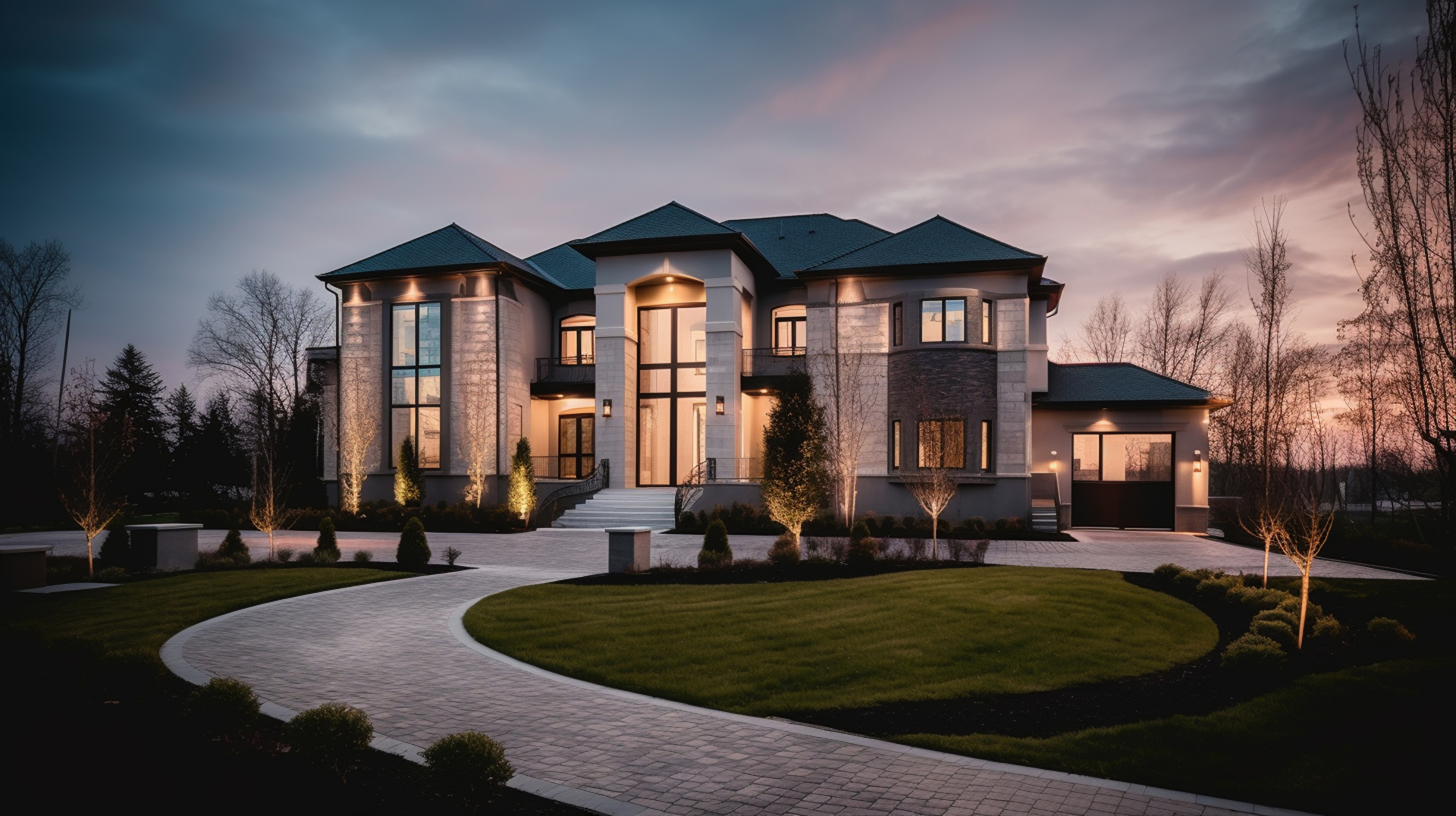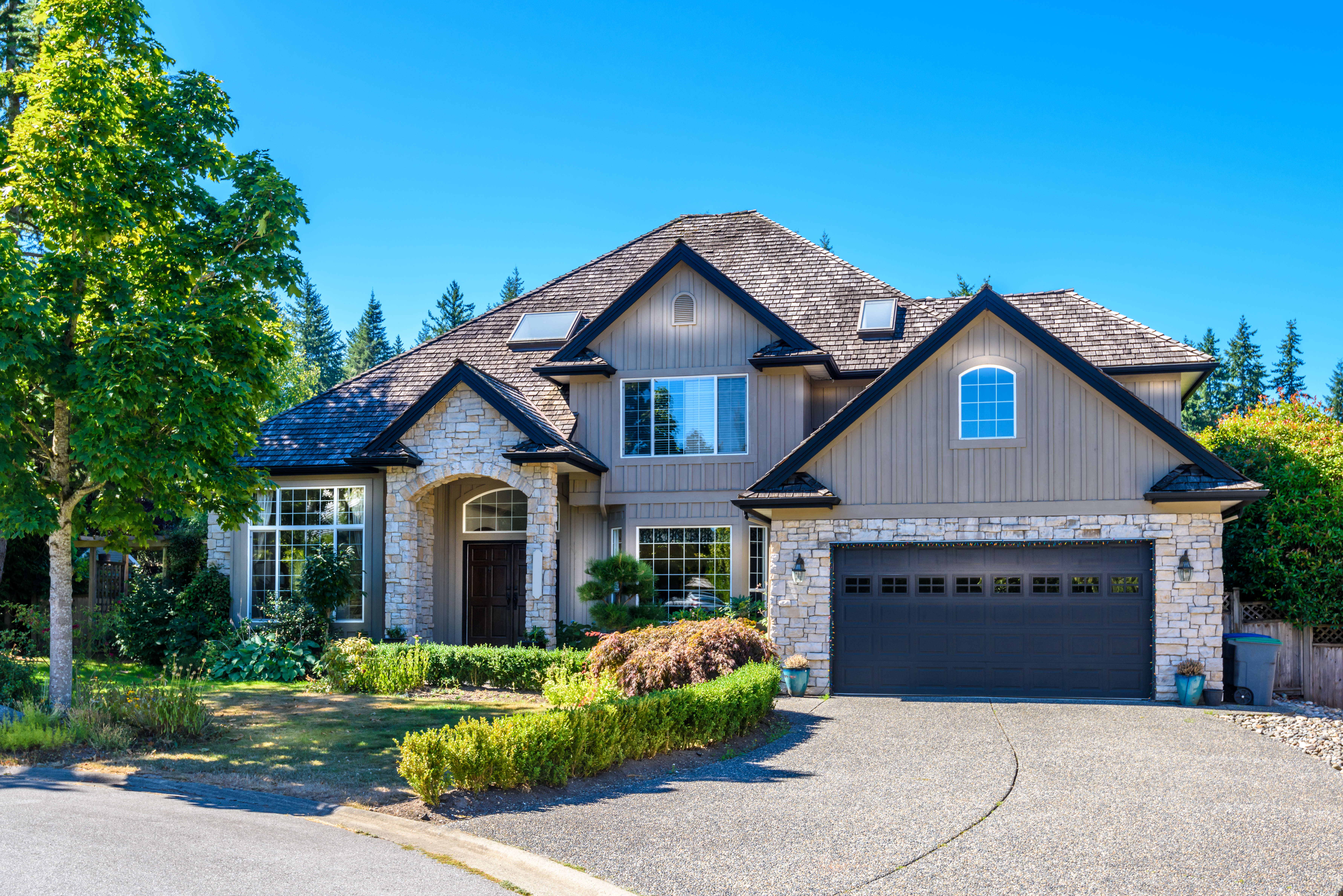When deciding whether to purchase a newer home or to buy and fix up an older one, finances, not personal taste, should determine which option you choose.
With that in mind, the cost of the home itself isn’t the only expense you must account for during a home purchase. A new home will cost more in terms of list price, while an older home will require you to invest more into maintenance, upgrades, and repairs.
Those who don’t have much disposable income, therefore, will definitely want to opt for a newer home. There are far more financing options available for these properties.
Also, fixer-upper shows on television may make home transformations look easy, but these projects don’t always turn out as well as they appear on HGTV. And the older a home is, the more likely it is to have issues.
“The less capital you have, the newer the home you purchase should be.”
Not only are newer homes less prone to structural, mechanical, or safety issues, but they also often come with newer warranties—meaning if certain repair-related expenses do arise, they won’t be coming directly from your pocket.
Ultimately, the less capital you have, the newer the home you purchase should be.
If you have any other questions or would like more information, feel free to give me a call or send me an email. I look forward to hearing from you soon.



